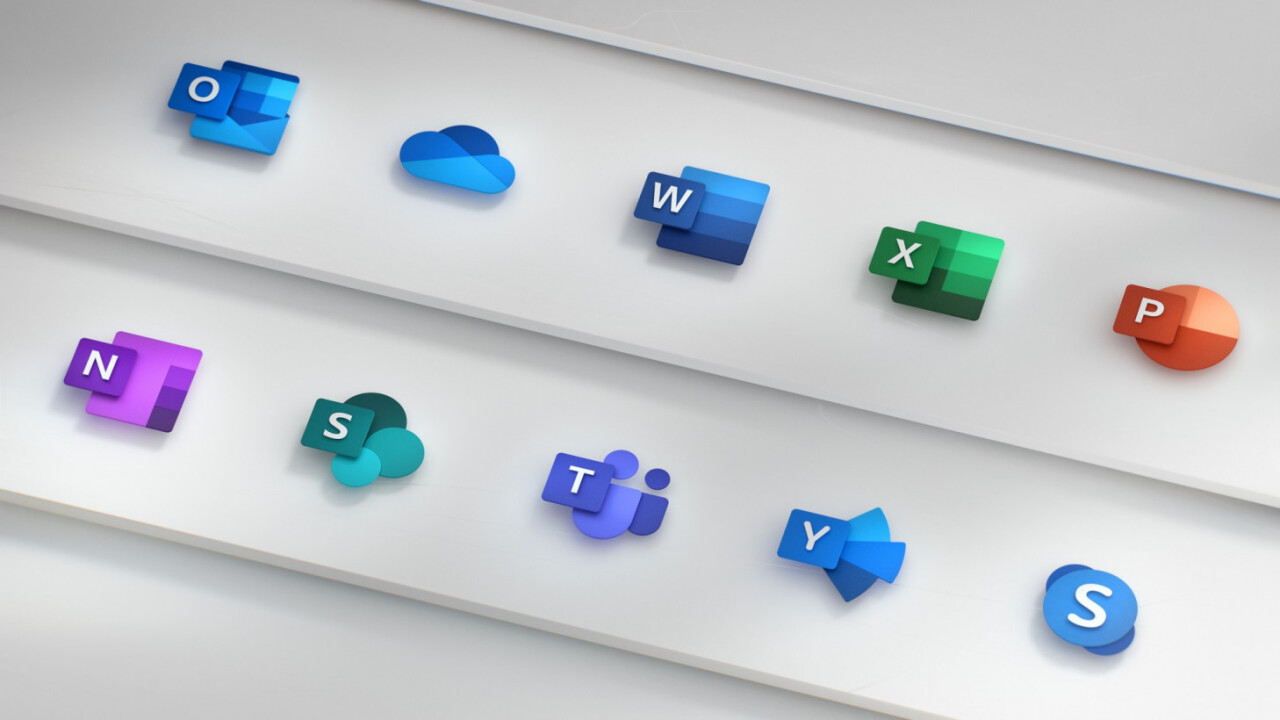Microsoft is officially under investigation by the EU for bundling Teams and Office 365
Microsoft may have to stop bundling Teams and Microsoft 365, depending on how a formal investigation by the European Commission goes.

All the latest news, reviews, and guides for Windows and Xbox diehards.
You are now subscribed
Your newsletter sign-up was successful
What you need to know
- The European Commission will investigate if Microsoft breached EU competition rules by bundling together Microsoft Teams and Microsoft 365.
- Slack filed a complaint against Microsoft to the EU in 2020 about Teams being bundled with Office 365 and Microsoft 365.
- If the European Commission finds that Microsoft has created an unfair advantage by abusing its market dominance in productivity, the tech giant may have to unbundle Teams and Microsoft 365.
Microsoft is once again on the receiving end of the European Union looking into the tech giant's business practices. Fresh on the heels of the European Commission approving Microsoft's purchase of Activision Blizzard, the same governing body has opened a formal investigation into Microsoft's bundling of Teams and Microsoft 365 and Office 365.
The investigation centers on the fact that online communication platforms have become essential in this day and age, and that Microsoft may have created an unfair advantage by bundling Microsoft Teams with Microsoft 365 and Office 365.
Reports of this investigation emerged earlier this month, but the European Commission made it official today, July 27, 2023.
"Remote communication and collaboration tools like Teams have become indispensable for many businesses in Europe," said Margrethe Vestager, Executive Vice-President in charge of competition policy.
"We must therefore ensure that the markets for these products remain competitive, and companies are free to choose the products that best meet their needs. This is why we are investigating whether Microsoft’s tying of its productivity suites with Teams may be in breach of EU competition rules."
Slack, which has gone back-and-forth on whether it's a competitor to Microsoft Teams, filed a complaint with the EU about Microsoft in 2020.
The European Commission expressed concern that "Microsoft may be abusing and defending its market position in productivity software by restricting competition in the European Economic Area (‘EEA') for communication and collaboration products."
All the latest news, reviews, and guides for Windows and Xbox diehards.
Specifically, the investigation will focus on if Teams has a "distribution advantage" by being bundled with Microsoft 365 and Office 365. It will also look at if Teams has worse interoperability with competing productivity suites.
Microsoft responded to the situation:
"We respect the European Commission’s work on this case and take our own responsibilities very seriously,” said Microsoft spokesperson Robin Koch to The Verge.
“We will continue to cooperate with the Commission and remain committed to finding solutions that will address its concerns.”
The European Commission emphasized that opening a formal investigation does not "prejudge its outcome," so there's a chance that Microsoft won't have to make any changes. But if the EU rules that Microsoft has breached competition rules, Microsoft may have to unbundle Teams from Microsoft 365 and take other actions to even the playing field.
Windows Central take

Generally speaking, the purpose of anticompetitive legislation is to prevent companies with dominance in one sector from abusing their position to gain an unfair advantage in another sector. There's an argument to be made that Microsoft is doing just that.
Microsoft 365 and Office 365 are commonplace in a wide range of organizations. Microsoft has spent decades building up its productivity suite, and it has largely succeeded. There are competing platforms from Google, Salesforce, and others, but Microsoft dominates the market and the mind of the public when it comes to productivity apps.
By bundling Microsoft 365 with the already ever-present Office 365 and Microsoft 365, Microsoft has a much easier distribution path than its competitors.
The main question, at least in my mind, is if Teams and the rest of Microsoft 365 are actually part of different sectors at all. When it comes to personal use, a communication app and a productivity suite seem rather separate, but that's not the case in an enterprise space.
Microsoft 365 is an interconnected web of applications that all aim to improve productivity. Is a conference call through Teams genuinely a different sector than Microsoft Word if members of that call are collaborating through Microsoft Word during the call?
It's unclear if the European Commission will look into that aspect of the situation. The governing body seems to have drawn a line between communication apps and productivity suites.
"The Commission is concerned that Microsoft may be abusing and defending its market position in productivity software by restricting competition in the European Economic Area (‘EEA') for communication and collaboration products," said the commission in its statement today.
If the European Commission goes into the investigation with that thought process, I foresee Microsoft having to make some changes to how it delivers Teams and Microsoft 365 to companies.

Sean Endicott is a news writer and apps editor for Windows Central with 11+ years of experience. A Nottingham Trent journalism graduate, Sean has covered the industry’s arc from the Lumia era to the launch of Windows 11 and generative AI. Having started at Thrifter, he uses his expertise in price tracking to help readers find genuine hardware value.
Beyond tech news, Sean is a UK sports media pioneer. In 2017, he became one of the first to stream via smartphone and is an expert in AP Capture systems. A tech-forward coach, he was named 2024 BAFA Youth Coach of the Year. He is focused on using technology—from AI to Clipchamp—to gain a practical edge.
